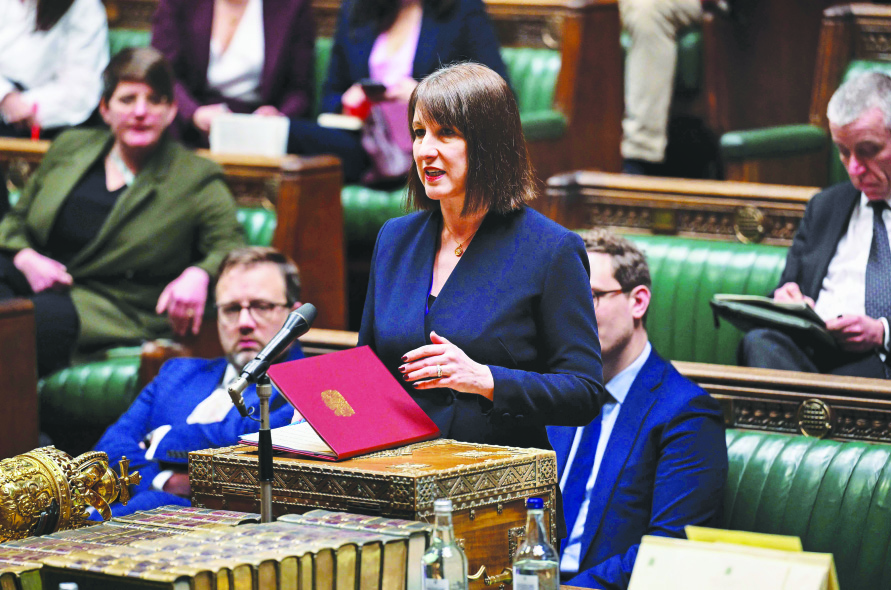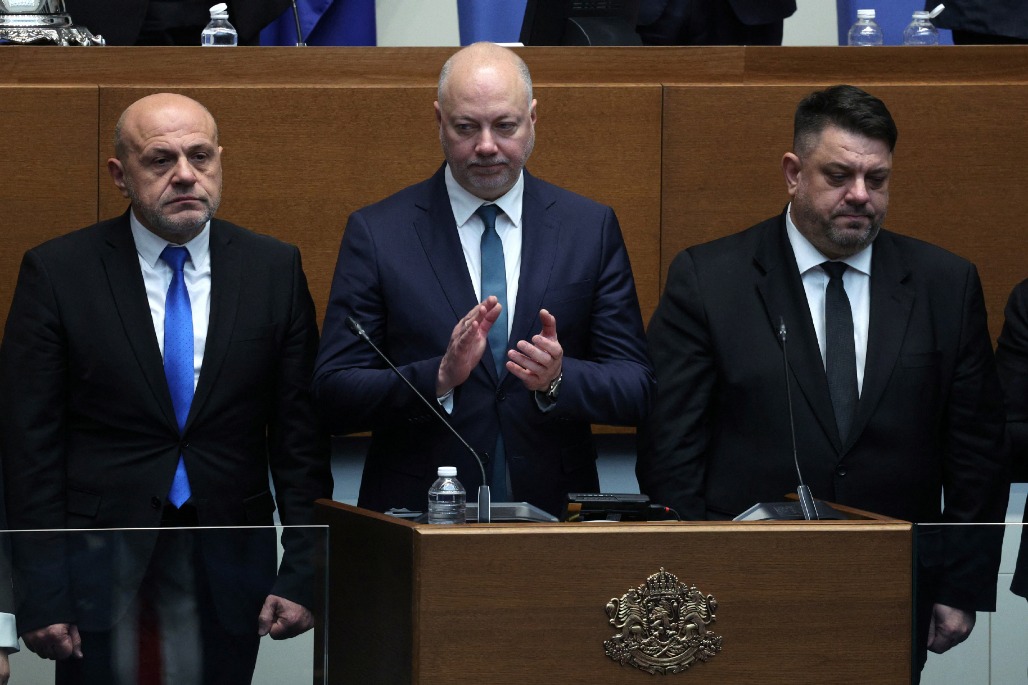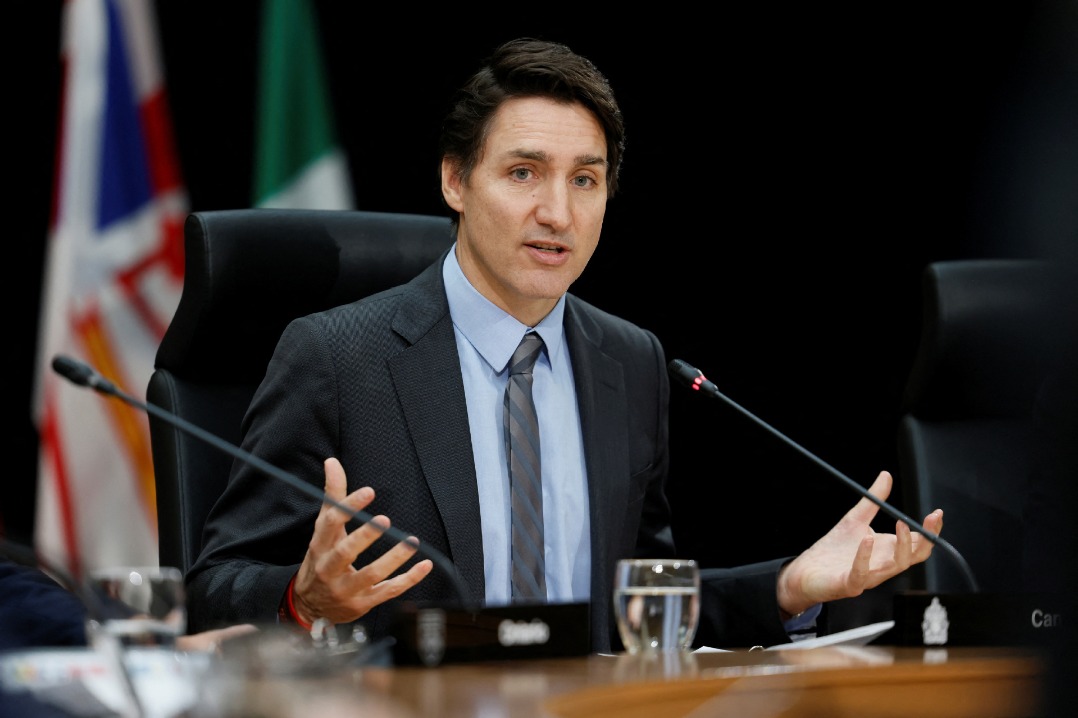Regulators told to boost growth


The United Kingdom's finance minister, Chancellor of the Exchequer Rachel Reeves, said she would urge regulators to explore additional measures for stimulating growth, following reports that the nation's economic output showed a disappointing 0.1-percent increase in November.
"I am determined to go further and faster to kick-start economic growth," Reeves said in a statement ahead of a meeting on Thursday with chief executives of watchdogs, including the Competition and Markets Authority, communications regulator Ofcom, water regulator Ofwat, and the energy regulator Ofgem.
"Today, I will be pressing regulators on what more they can do to deliver growth," she said.
The meeting follows a directive last month from government leadership to 17 UK regulators requesting pro-growth proposals, reported The Guardian newspaper.
Other key regulators scheduled to attend the meeting were the Office of Rail and Road, the Environment Agency, and the Civil Aviation Authority.
Reeves added: "Growth is the number one mission of this government, so we can put more money in people's pockets and help fund our public services. The economic headwinds we face show the importance of pressing ahead with our program of reform."
She emphasized that such progress would only be possible by addressing investment obstacles and implementing essential reforms to help "make Britain the best place to do business".
"That is the challenge the prime minister set regulators last year and today's meeting will be about taking this agenda forward because we expect every regulator, in whatever sector, to get on board," she concluded.
At a government investment summit in October, UK Prime Minister Keir Starmer pledged to "rip out the bureaucracy that blocks investment". Later, at the annual Mansion House dinner in November, Reeves told bankers that post-financial crisis regulations had "gone too far" with "unintended consequences, which we must now address". She said the regulations imposed on financial institutions had created "a system which sought to eliminate risk-taking".
Figures released by the Office for National Statistics, or ONS, on Thursday showed the UK economy narrowly returned to growth in November, with gross domestic product, or GDP, rising 0.1 percent after two months of contraction.
Financial analysts had predicted a 0.2-percent GDP expansion for November, and the weaker-than-expected performance has led some to suggest the Bank of England might reduce interest rates, reported Sky News.
The ONS reported modest growth in services, particularly in hospitality, IT, and wholesaling sectors, despite declines in accountancy and business rental and leasing. While construction showed positive growth from commercial developments, manufacturing and oil and gas extraction continued their downward trend.
The Resolution Foundation's senior economist, Simon Pittaway, warned that "the paltry GDP growth late last year reinforces the need for the government's economic plans to start bearing fruit".
































